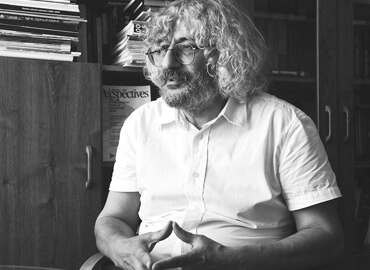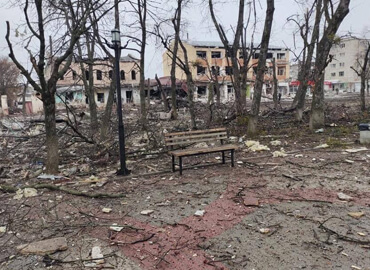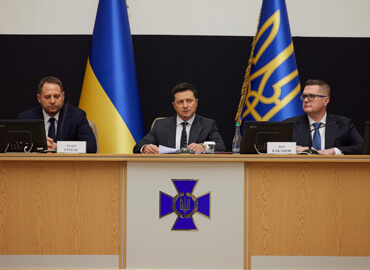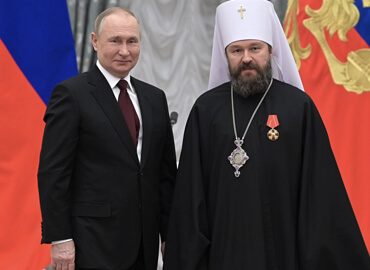It could have been a beautiful story about a wonderful neighbourhood between Belarus and Lithuania. About historical ties, which started to be the epicenter of bilateral relations in 2019 during the process of reburial of the remains of Kastus Kalinowski and other participants of the 1863-1864 uprising.
About economic cooperation, which, despite all the ups and downs regarding sanctions was more or less steady, but skyrocketed after multiple agreements during annual meeting of Lithuanian – Belarusian industrialists. The prime ministers of both countries committed to scale up the oil and gas transit, ensuring the energy diversification of Belarus. Lithuania, which was always around the top 5 trading partners in the EU shared a second place with Poland outrun only by Germany, the biggest economy in the EU. Even the disagreements regarding Astravets nuclear power plant seemed to have a chance of a break-through, once Tesla declared its interests to explore a possibility to have Tesla Gigafactory in Ignalina.
About the tourism sectors, which under the format of the Lublin Four (including Warsaw and Kyiv) and in cooperation with the European Bank for Reconstruction and Development (EBRD) and the United Nations World Tourism Organisation (UNWTO) agreed to create a joint Baltic – Black Sea Tourism Space.
About a booming IT cooperation, where Go Vilnius and Minsk High Tech Park agreed to create a «Grand Duchy Technology Cluster» forcing both governments to improve a connection between Vilnius and Minsk. Investments into this IT bubble poured in, the ambition to have a Twin City Express high-speed train by 2025 as well as the pilot visa-free regime project for this cluster were announced. The stagnating «Skolkovo» Innovation Center and companies running from the Brexit fall-out saw this free technology cluster as a promise of the Silicon Valley in Eastern Europe. Official Minsk was proudly communicating that this Grand Duchy connection are the gates between Eurasian and European Unions building partnership bridges, cultivating the technology and, first and foremost, connecting people.
But this never happened. Not under Lukashenka’s watch.
There were multiple opportunities to show at least a sign of a good will to move an inch (not even walk an extra mile) towards a mutually interesting and rewarding relations, but Lukashenka’s team blew it and, to say the truth, never intended to do anything in that direction. That kind of cooperation requires trust and commitment, requires vision, creativity and ideas, qualities which Belarusian regime was short of as it was always blindsided by an easy bite from the Kremlin.
Sitting on the needle of Russia’s subsidies, creating a political Donbass at home, where the exchange of ideas (including criticism) is close to impossible makes you lazy and threatens you with a political atrophy.
There were high expectations in Lithuania regarding possible u-turn in Minsk in 2009-2010. Vilnius even became the flagship country to promote the EU dialogue with Belarus. This illusion was smashed by the brutal election crackdown in December 2010. Vilnius was much more cautious since then, trying to be a voice of reason in the EU regarding Belarus. Yes, the business did their lobbying to cancel the sanctions. Yes, unfortunately, the tragic mistake of passing the bank account data of the prominent human rights defender Ales Bialiatski in 2011 was made. Nonetheless, the issue of trust between Minsk and Vilnius was never restored. Nor was there any sign or intention of the good will shown on the Belarusian side. Official Minsk certainly tried to do their best to make Lithuania a one issue country portraying Astravets as the only reason of Lithuania’s criticism, but it was far from that.
Lithuania is a home for European Humanities University, a Belarusian university in exile, as well as multiple Belarusian organisations and civic initiatives, it became a hub for Belarusian civil society, journalists and opposition people to safely meet and discuss their future plans. The tourism flows were substantial and the economic cooperation pretty vibrant despite cold political relations. Lithuania even participated in the first EU Twinning project «Strengthening the National Bank of Belarus» led by Germany and partnered by Poland. But the potential of bilateral cooperation was always much bigger.
The summer of 2020 in Belarus was the sign of that potential. And it was met with a huge wave of solidarity by the Lithuanian people. Lithuanian government was among the first to open up a humanitarian corridor for Belarusian people at risk as well as providing national emergency visas for activists, human rights defenders and victims of the repressions including Sviatlana Tsikhanouskaya and her kids. Lithuanian people organized multiple actions of support, more than 200k EUR donated to the victims of the repressions under Go Belarus initiative. One can go on with various examples of this unprecedented solidarity, but a live chain of people from Vilnius to the Belarusian border on 23 August 2020 was the best symbol of this potential between Belarus and Lithuania. This was the first step for a chance to become a reality. A natural link of freedom between Belarus and Baltic countries.
Vytis Jurkonis is a project director at Freedom House and leads its Vilnius office. He lectures at the Institute of International Relations and Political Science of Vilnius University since 2006. Vytis Jurkonis is primarily known as the expert of Belarus related issues, Eastern Partnership region and Russia as well as Lithuanian foreign policy.
Материал доступен на русском языке: По стечению обстоятельств (дистопия белорусско-литовских отношений)











